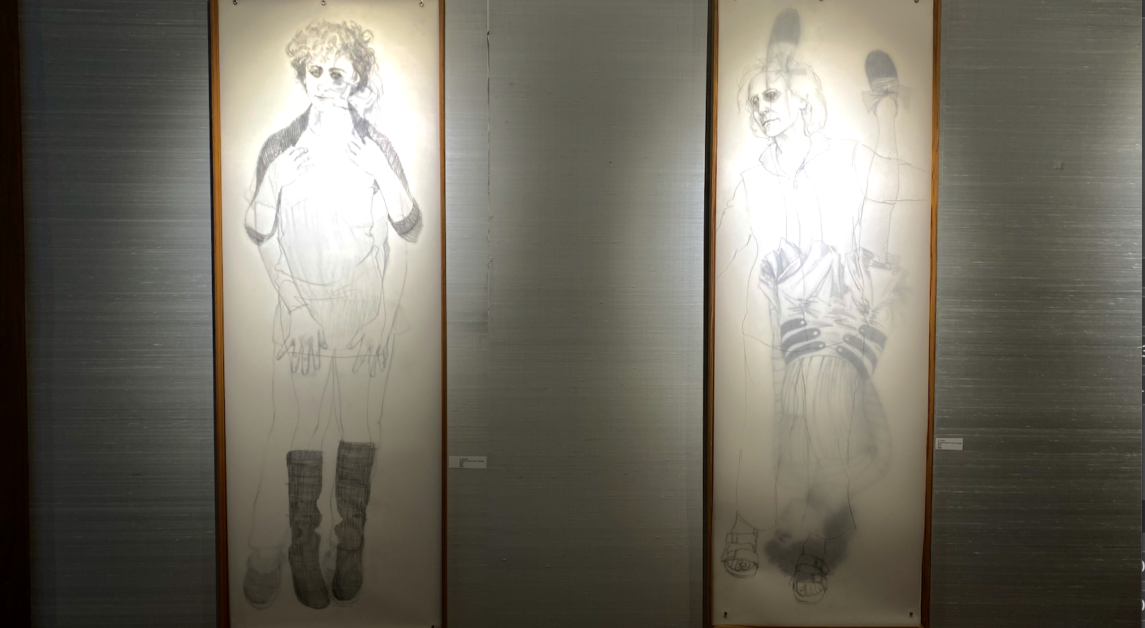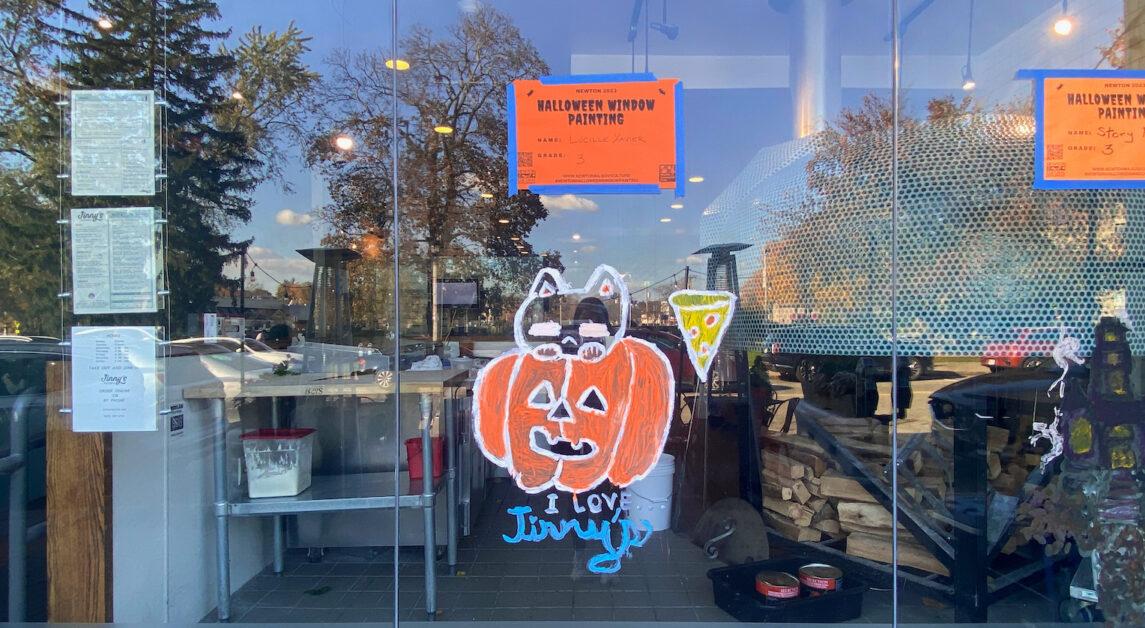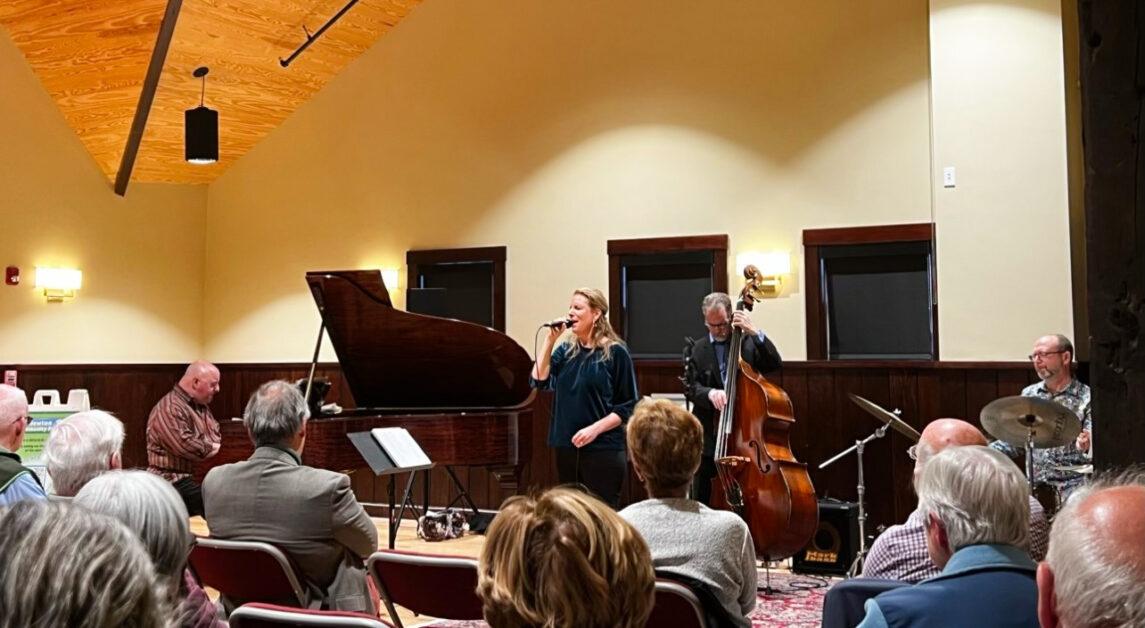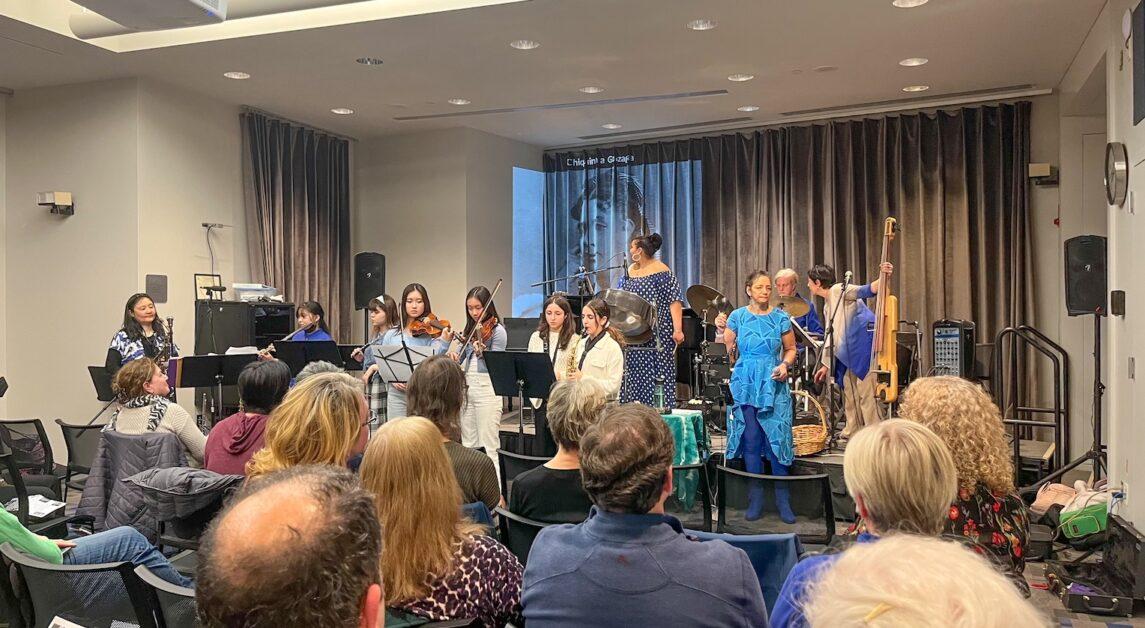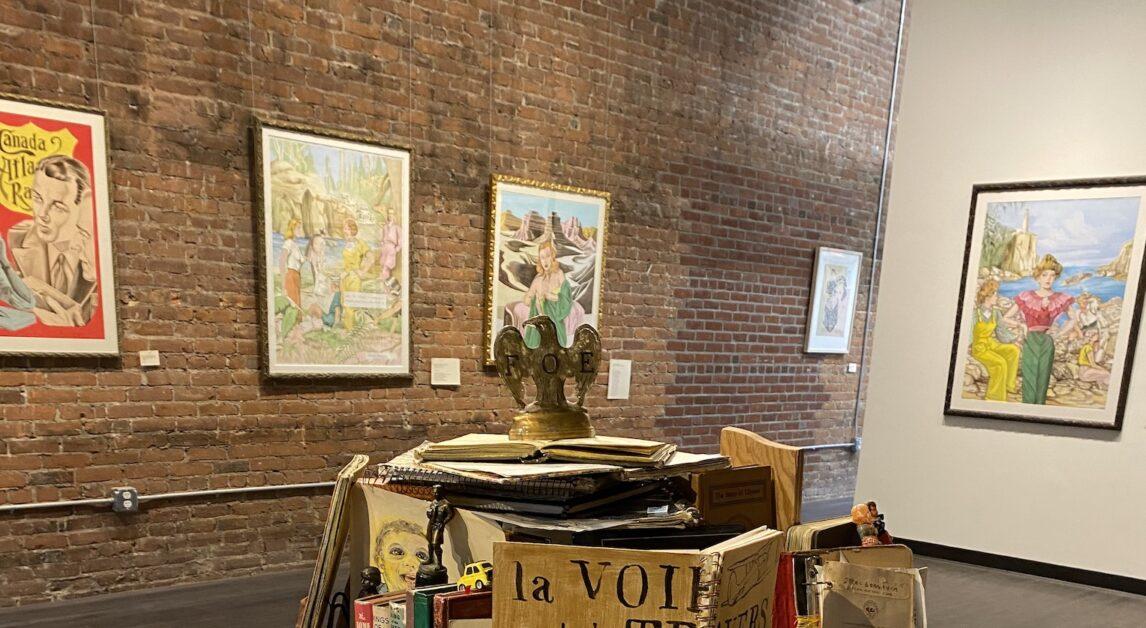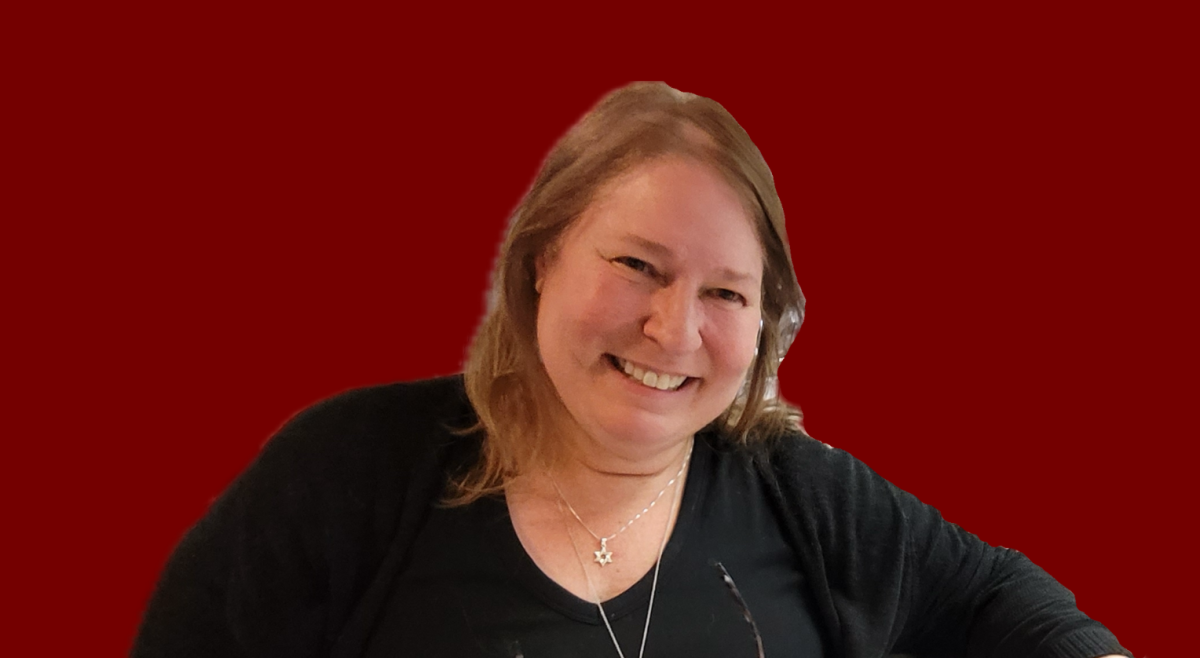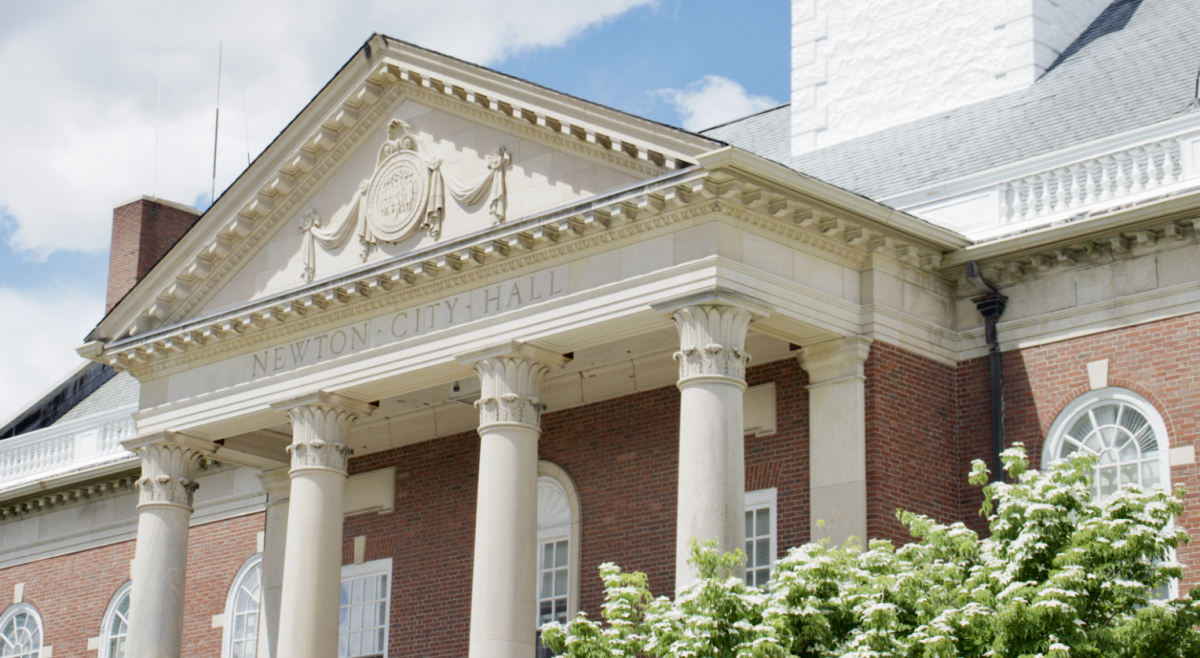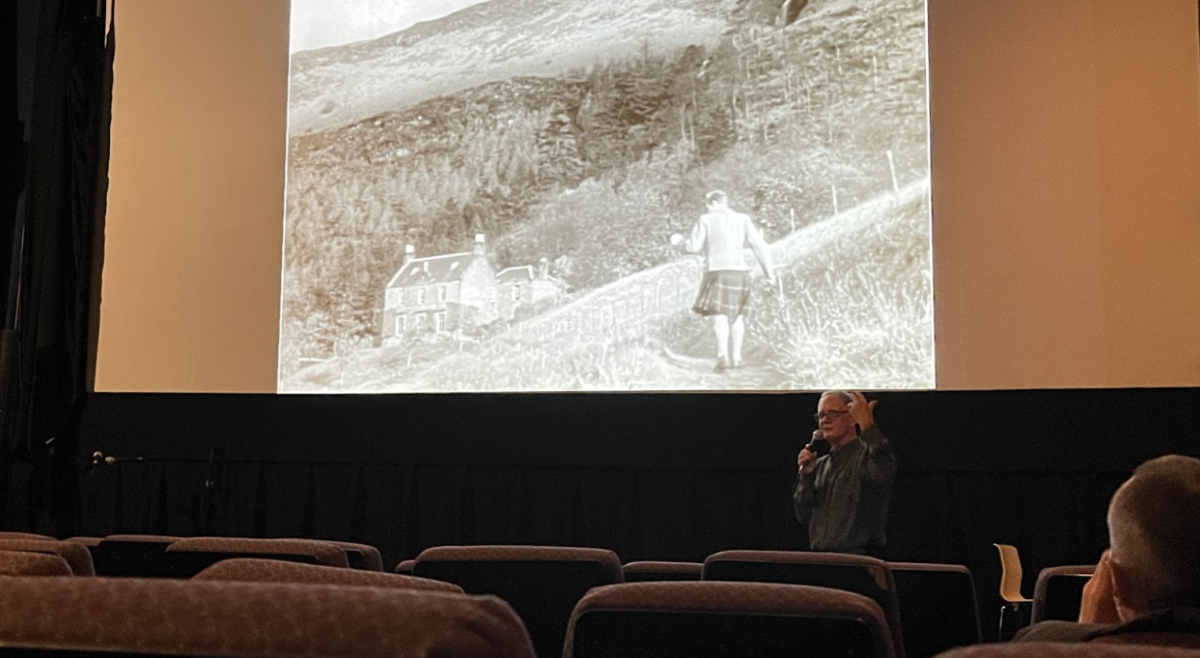People gathered in a warm, intimate room in the North End facing a table with an open bottle of wine in the back for anyone that was interested. The night began with an invitation to the open mic, and two volunteers stood to share their work. The volunteers’ poetry was unique, sentimental, and witty.
To celebrate National Poetry Month, I Am Books hosted an International Poetry Night on April 5. I Am Books is an independent bookstore specializing in Italian and Italian American literature.
“It’s fun being able to share my work with a new audience and it’s also fun being able to hear other people continuing to work and improve over time,” said Antoine Bolden, who had participated in an open mic event four or five times before.
Accomplished poet Tino Villanueva read from his 2013 collection, So Spoke Penelope. Penelope, wife of the ancient Greek warrior Odysseus, inspired Villanueva—he wondered how she could endure waiting for Odysseus for 20 years, all while remaining faithful to him.
“What patience, what love this woman has,” Villanueva said.
Villanueva has worked as a professor, won an American Book Award, founded Imagine Publishers, Inc., and authored multiple collections. He writes in Spanish and English. The presentation alternated between his own readings in English and Livia Meneghin’s readings in translated Italian. Meneghin is a published author herself, and her chapbook Honey in My Hair was a finalist in the Atlas Review’s 2016 Chapbook Competition. Her compilation, like Villanueva’s, is set in Greece—read side by side, the two works discuss themes of longing and devotion in the same setting but 2000 years apart.
Fascinated by Penelope and all The Odyssey leaves undiscussed, Villanueva used empathy and imagination to travel into her ancient world.
“When I read The Odyssey, I wanted to know more about her,” he said. “Homer doesn’t tell us about what she thinks regarding weaving, because she’s a weaver. So I treat her as an artist. When she prays to the gods and goddesses, how does she express herself? What does she want? What are her yearnings, exactly?”
In order to be able to immerse himself in Penelope’s setting, Villanueva did a lot of research. He read a book on weaving, considered which foods would have been available then, and focused on what Penelope knew: flora and fauna, water, and constellations. Creating the collection was time consuming—Villanueva would fit in work on weekends between grading exams. While he was a professor at Bowdoin College, he traveled to Ithaca during his two-week spring break and envisioned ships coming in.
With the recognition that perspectives are different now since the emergence of feminism, Villanueva made the choice to stay within the times of The Odyssey. The unique genre Villanueva implemented in So Spoke Penelope is called midrash. It was originally a theological term for filling in the gaps of religious text that has now spread into literature.
“Midrash fills in the cracks, puts flesh on the bones, re-interprets stories and characters, gives voice to those in the story who have no voice,” Villanueva said.
As a male, choosing to adopt a woman’s voice is a bold move that has not gone uncriticized. Villanueva’s response comes in the form of a quote from Percy Bysshe Shelley’s 1821 essay, “A Defence of Poetry.”
“A man, to be greatly good, must imagine intensely and comprehensively; he must put himself in the place of another and of many others; the pain and pleasure of his or her species must become his own. The great instrument of moral good is the imagination,” Shelley wrote.
While not using the word empathy explicitly, Shelley speaks of imagination. For empathy, at its core, is really a kind of imagination. Indeed, what Villanueva admires in Penelope is her passion and will to wait. These qualities surpass gender.
Featured Graphic by Ally Mozeliak / Heights Editor

